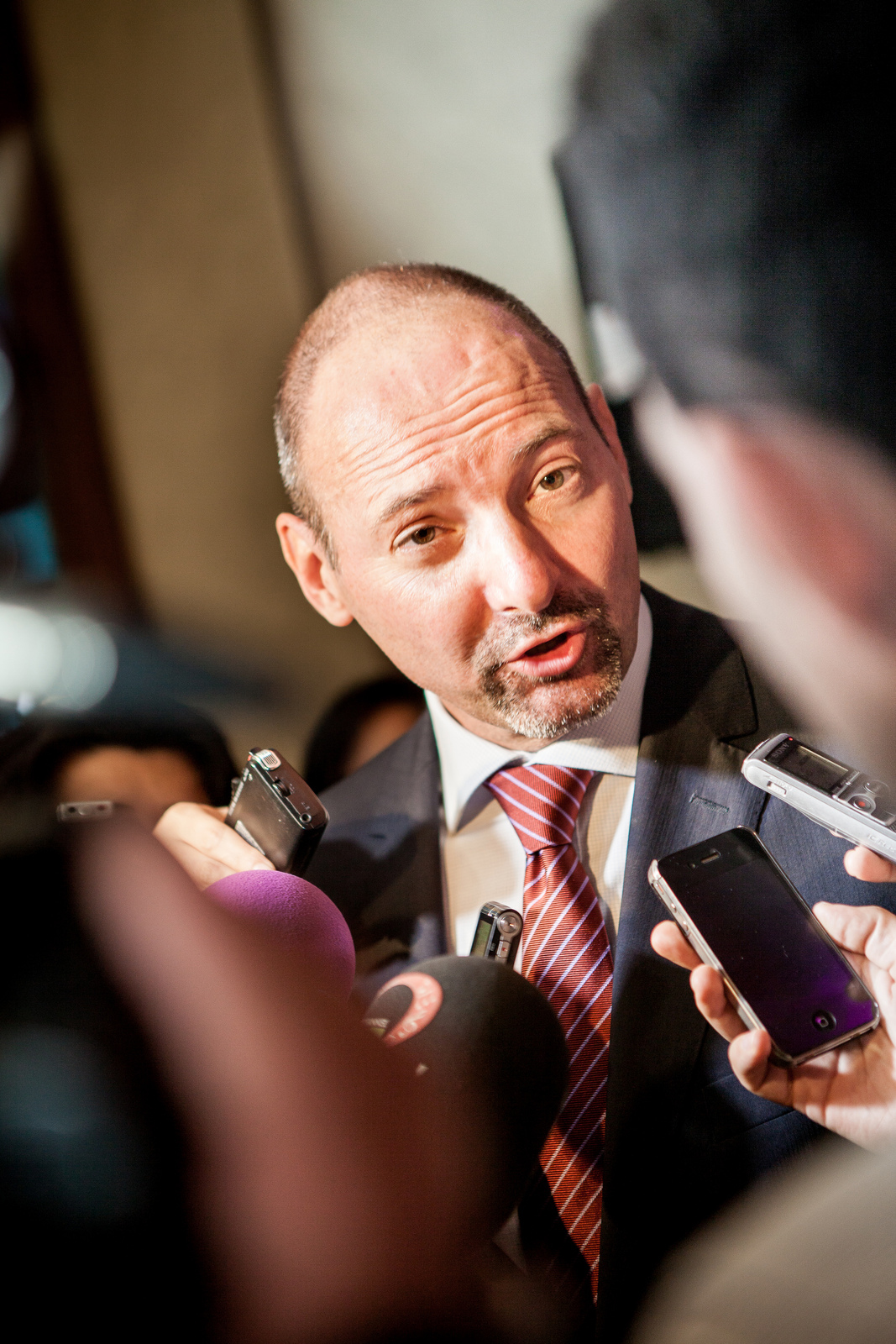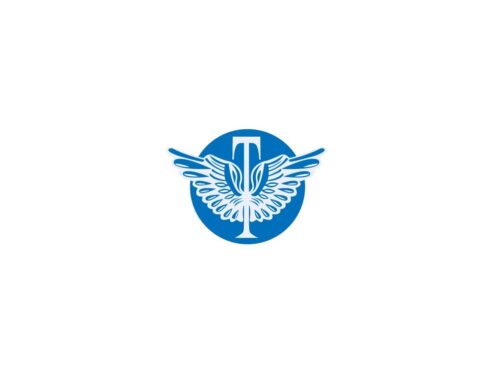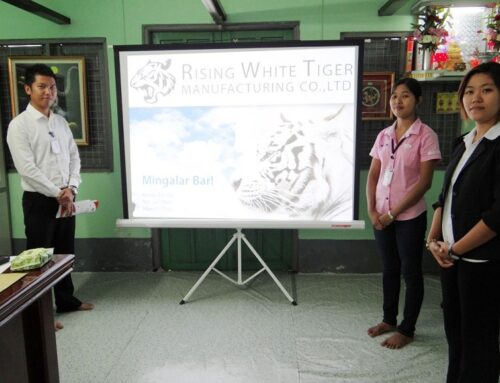
H.E. Roland Kobia, Ambassador of the European Union, discusses the strengthening of ties between Myanmar and the European Union (EU).
European Times: Could you provide a short introduction to the EU’s presence in Myanmar?
EU Ambassador Kobia: I have the honour to be the first ever EU ambassador to be permanently stationed in Myanmar. This stems from a decision by the EU High Representative, Lady Catherine Ashton, and constitutes a strong political signal that the EU remains fully committed to support the transition in Myanmar. The EU has been very responsive to Myanmar’s efforts to change political and economic scenarios, with measures such as lifting the sanctions, reinstalling the most generous trade preferential system existing, getting politically involved, etc. The EU has a broad mandate in Myanmar covering political, social and economic processes. Regarding political support, we are assisting in the peace process, revision of the constitution and in all political aspects that have a bearing on the country’s path to democracy.
European Times: What kind of development aid does the EU provide to Myanmar?
EU Ambassador Kobia: In spite of the previous political regimes, the EU has provided development assistance to Myanmar since 1996, notably for humanitarian aid, food aid, demining etc. The EU has committed some €500 million to the country so far, including €150 million in 2012 and 2013 for healthcare, education, political and social reforms, peace-building, climate-change projects, and projects to stimulate trade and the private sector. On top of all that, in November 2013, Andris Piebalgs, European Commissioner for Development, announced a new and additional funding envelope for Myanmar for 2014 to 2020, with an amount of over €600 million! The EU’s support over this period will focus on rural development, education, capacity-building/governance and peace-building. Although some steps still need to be completed, the EU support for Myanmar could increase by another €90 million per year. What is important for a country that wants to change its economy is to work both on the hardware and the software. In other words, the work should cover both physical infrastructure and human capital (education, skills, labour force…).
For trade more specifically, the EU support includes a €2 million EU grand for the SWITCH-SMART (SMEs for Environmental, Accountability, Responsibility and Transparency) program, which aims to reduce poverty through trade and private-sector development. The EU also is working on a framework for important possibilities to provide soft loans that will soon be made available to business owners in Myanmar through the European Investment Bank. The latter is active in sectors as varied as electrification, water sanitation, promotion of SMEs, infrastructures, etc.
European Times: What about trade between Myanmar and the EU?
EU Ambassador Kobia: Myanmar has a great potential in international trade. While the EU was the first to lift trade sanctions against Myanmar, trade between Myanmar and the EU is still limited. To help the country develop its industrial and trade capacity, we have put in place a very preferential trade system called “Everything but Arms (EBA)” arrangement with Myanmar, a non-reciprocal trade agreement by which the EU extends to only a few countries in the world. Through this agreement, Myanmar can export all products (except for arms and ammunition) to the EU market without any customs duties, tariffs or other costs, and without quotas. Through this initiative, we hope to promote business and FDIs between Myanmar and the EU.
European Times: How is the EU involved in strengthening Myanmar’s private sector?
EU Ambassador Kobia: Access to financing remains a great hurdle for local businesses since the local banking sector is still undeveloped. Through the EIB, we will be providing soft loans to SMEs and promoting the creation of a business-friendly environment. Myanmar currently ranks poorly on a number of doing-business reports. While those of us who are on the ground know that this assessment might be a somewhat unfair, it is nevertheless how the country is perceived. For example, investors considering putting money into a country will think twice if the country has an undeveloped legal framework. We want to help the government of Myanmar improve its entire legal and legislative framework so that investors’ interests will be protected.
European Times: How is the EU assisting with Myanmar’s transition to democracy?
EU Ambassador Kobia: The EU aims to get involved in capacity-building at the Government to Government level by helping policy-makers and the Parliament to redefine their roles within the new political context. We have found that Myanmar’s government is open and I would even say keen to learning best practices and adapting to international standards. The EU can provide that.
European Times: In your opinion, how is the EU perceived by the local community as a partner in Myanmar’s growth?
EU Ambassador Kobia: My impression is that the EU is seen as a reliable, trusted and neutral partner here, because Myanmar’s government and civil society understand and appreciate that we have no geo-strategic interests or hidden agendas. We are here to promote a new Myanmar, based on some key principles (democracy, human rights, fundamental freedoms and the rule of law, a free-market economy, and poverty reduction). Our political agenda is therefore an agenda of values, besides one of mutual interests, promoting liberalisation, competition, protection of consumers and an overall business environment protecting investments and ensuring legal certainty.
European Times: What is your outlook on Myanmar’s future?
EU Ambassador Kobia: Despite the obvious challenges for a country that has been in economic isolation for almost six decades, I believe that the right intentions are in place. This is what is most important, and it reassures me of the readiness of the people of Myanmar to turn a page and move into a new era. Myanmar is blessed with smart, hard-working people, a population of over 60 million, a huge land area endowed with enormous agricultural potential and vast natural resources. If the transition and reforms are managed well, Myanmar has a very bright future. And this is what I wish for, the country to regain its natural place in the region.





